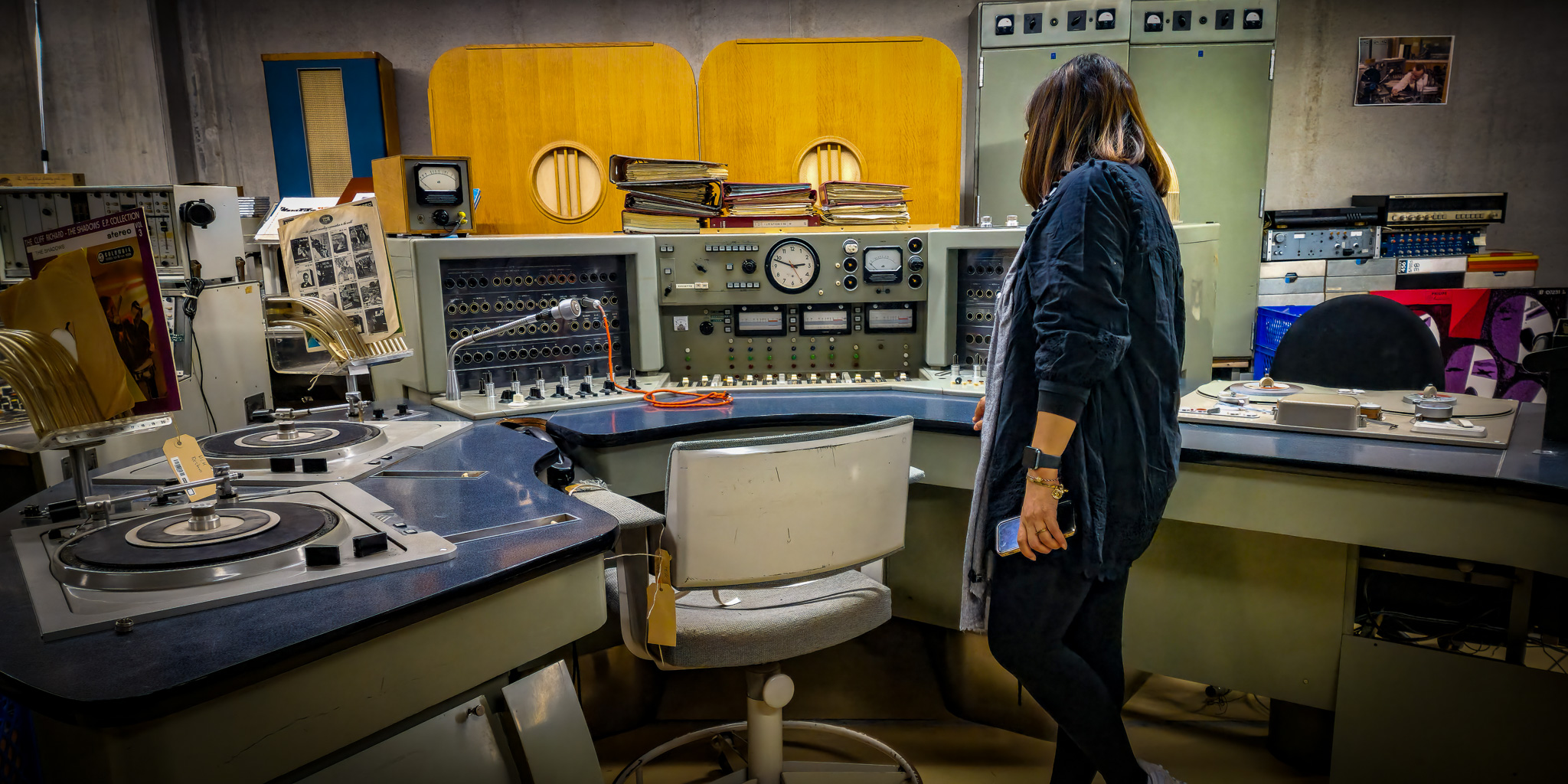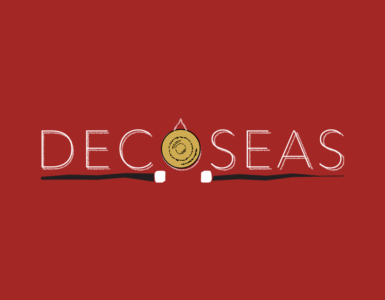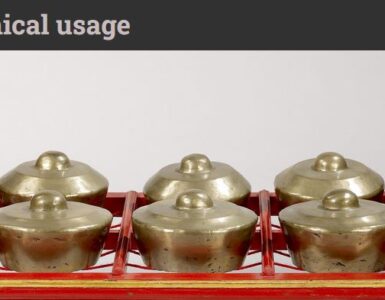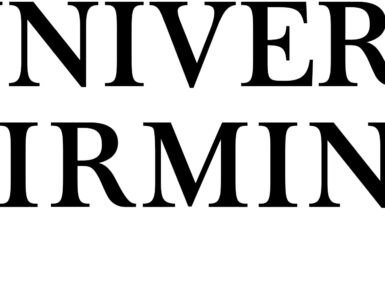Decolonizing Southeast Asian Sound Archives (DeCoSEAS) is delighted to announce the recipients of the Southeast Asia–Europe Visiting Fellowship 2023.
Out of more than eighty excellent proposals received, DeCoSEAS is proud to introduce the three fellows from Southeast Asia who have been chosen for a three-month stay to work with one or more Southeast Asian collections within our partner audio-visual archives in Europe. During their visit, the following fellows will conduct their proposed research project.
April – June 2023
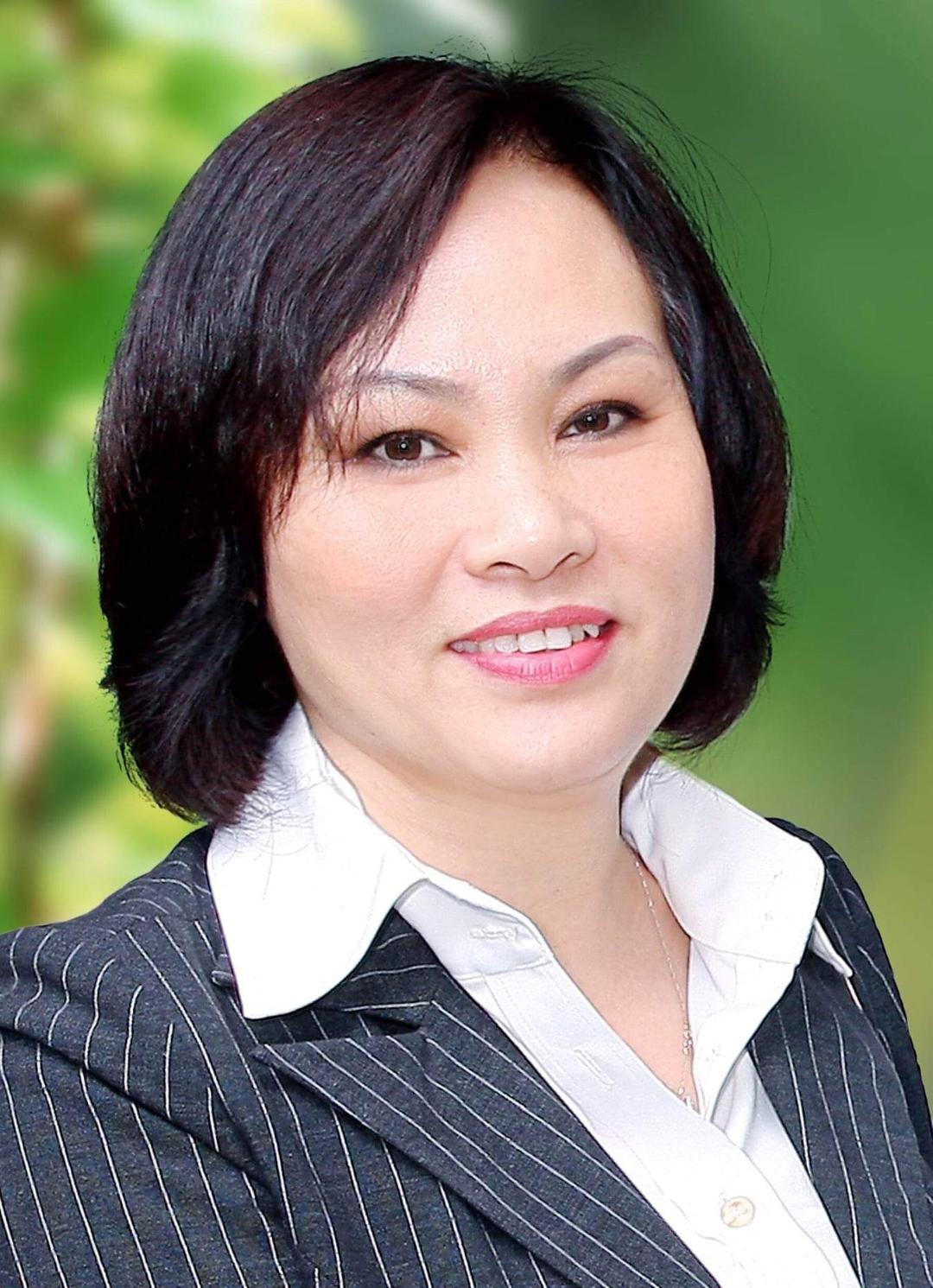
VU THI Minh Huong (Vietnam)
is a Doctor in History with over 30 years of experience in archival work. After holding the position of Director General of the States Records and Archives Department of Vietnam, she is currently Vice-Chair of UNESCO Memory of the World Regional Committee for Asia-Pacific (MOWCAP), Adviser of the Portal of the French Speaking International Association on Archives (PIAF), and Member of the National Council for Cultural Heritage of Vietnam. Having been involved in multiple related activities and research, she is the author of many academic works, articles in professional Journals, and publications on archives and Documentary Heritage.
Project Title Investigate, research and make a Catalog of audio archives about Vietnamese music in the Archives, Libraries, and Museums in Paris (France).
Abstract Vietnamese music is part of Vietnamese history and culture. Due to the lack of audio archives on Vietnamese music, there is still a gap in the study of Vietnamese music history as well as Southeast Asian music history.
In order to have an overview of the audio archives about Vietnamese Music that are still unknown and have been exploited by Vietnamese researchers, I do propose during 3 months, I try to research and compile a Catalog of audio archives on Vietnamese music in some Archives, Libraries and Museum in Paris, France (CNRS, National Library of France [BNF], MuséeGuimet, Musée du Quai Branly, Maison de l’Asie, Archives nationals de France…). This is also an opportunity for me to learn about the methods of preservation of audio archives in the Archives of France, Holland, and British Library. During this time, I can give a presentation on my project and provide a final report at the end of the Fellowship.
The output of the Project is a “Guidebook of audio archives about Vietnamese Music currently preserved at French Archives, Libraries, and Museums” (digital version).
This is the first finding aids for research on music history, and for exchanging digital copies of documents related to audio material among Southeast Asian countries. Also, through the Catalog, it is possible to identify valuable audio archives of national, regional, or international significance to develop a nomination for submitting to UNESCO to inscribe into the Regional or International Memory of the World Register.
September – November 2023
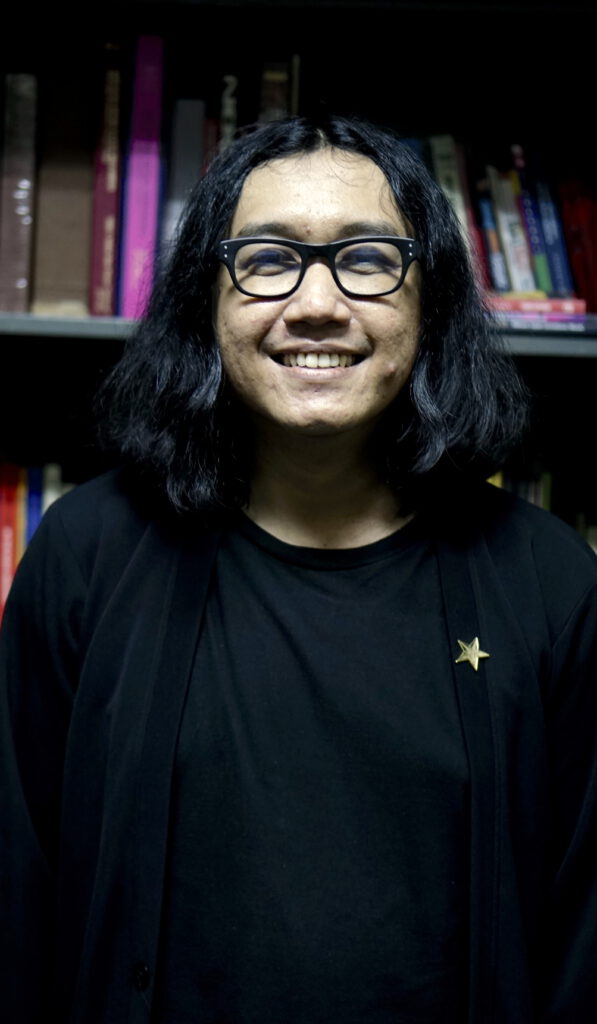
Ignatius Aditya Adhiyatmaka (Indonesia)
is a Research Manager at the Jakarta Center for Cultural Studies and a Research Associate at the Irama Nusantara Foundation. They obtained a bachelor’s degree in Ethnomusicology from the Indonesian Institute of The Arts Yogyakarta in 2011 and a Master’s in Cultural Studies from Universitas Indonesia in 2018. Their research interest focuses on the interrelationship between cultural heritage, memory, public history, and the dichotomy between traditional and popular music in the context of Indonesia. Adhiyatmaka is passionate and active in strengthening the bridge between academic researchers, grassroots initiatives, the public, and the government to collaborate for bettering cultural and music archives.
Project Title Shedding Light on Colonial Sonic Archives: Finding Information About Vernacular Music (the Netherlands)
Abstract The aim of this research is to find information about and explore the contextual existence of vernacular music from the Dutch East Indies recorded within the colonial sound archives.
Michael Denning defines vernacular music as music that emerged and was performed outside the aristocratic tradition. In the 20th century, vernacular music emerged in big cities of the former colony, such as Batavia and Surabaya, which resulted from and in the encounters of various ethnic groups —forming contemporaneous sounds and cultures. Keroncong, orkes gambus, and gambang kromong are examples of popular vernacular music forms which were very popular in the Dutch East Indies.
However, due to its blend of cultures and heavy orientation towards the modern entertainment industry, popular vernacular music was often looked down upon by aristocrats and high colonial society. As such, vernacular music tends not to be recorded nor published by officials or researchers related to the Dutch colonial government. The disdain against vernacular music in the Indies raised the possibility that there was still a lot of data and information —including text, visual, and audio materials —stored in colonial archives but not (yet) published.
Against this background, this research will look into the archives of The Jaap Kunst Collection at the University of Amsterdam and The Netherlands Institute for Sound and Vision in Hilversum to find and collect data and information about vernacular music in the Dutch East Indies. Findings from this investigation will provide a deeper understanding of how colonial society in the Dutch East Indies, especially researchers, viewed and treated vernacular music at that time.
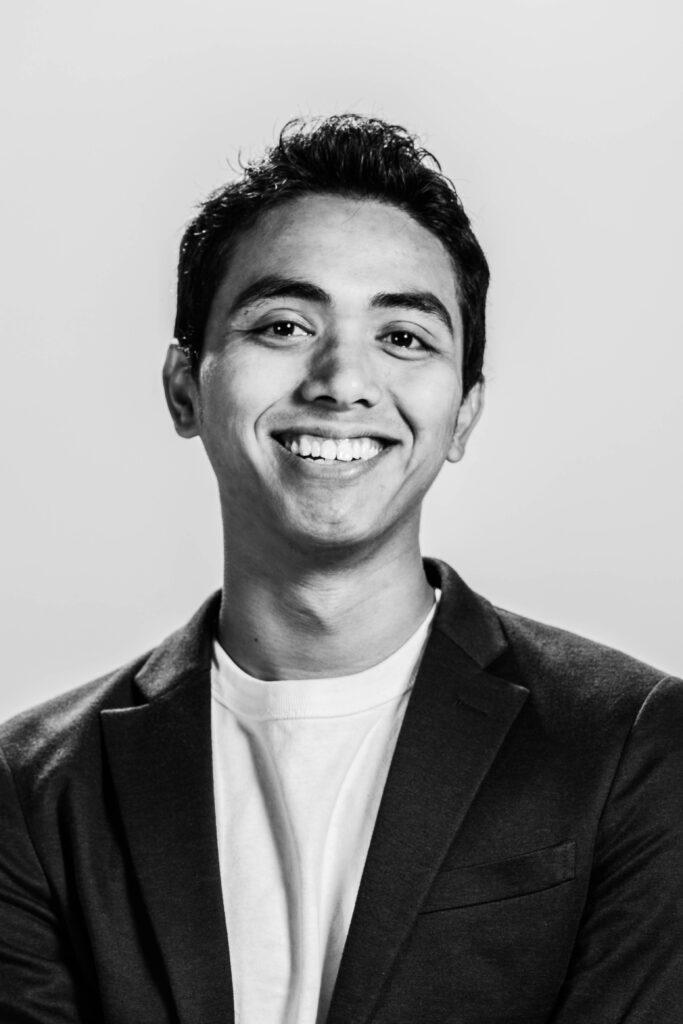
Azeem Shah (Malaysia)
is a music composer as well as a postgraduate student at Sunway University. Born and raised in Kuala Lumpur, he has always been passionate about music. During his undergraduate degree, he further developed his musicianship skills, particularly in song and film compositions. After working with multiple underground artists and film production, he yearns for a new challenge, thus decided to pursue his master’s degree. Being in academia has broadened his horizons and creativity. At the same time, he was also involved in archival institutions, realizing the importance of documenting, preserving, and reviving archives.
Project Title Decolonization of Sounds through Sonic Art (UK)
Abstract Malaysia is a former British colony and only gained independence 65 years ago. As such, I would like to explore the archived material that was collected by the British during colonial rule, particularly the sound and music files of the BBC Archive Trust, British Library (London), as well as the material in SOAS at the University of London. The purpose of this need for access is to gain insight into the existing archival material, processed and unprocessed, in order to:
1. Catalogue as much of the music archives.
2. Study the music that was recorded and compose a musical artwork.
3. Investigate repatriation efforts to bring back some of the materials.
As part of this fellowship, I wish to include musical influences studied during this fellowship, and carefully and respectfully incorporate them in my composition. Being in a music writers’ group, I can also share this knowledge with my peers, and they can influence their audience, creating a bigger impact and giving life to this buried heritage. An airplay with digital platforms could see these archival influences being heard by millions at a time.
I am certain that the general public is unaware of these archives abroad, let alone their importance. My project fits the DeCoSEAS agenda as this project helps to amplify the dialogue of decolonizing sounds, through musical artworks, that hopefully will gain people’s awareness.
The Southeast Asia-Europe Visiting Fellowship, one of the four work packages of the project, is a pilot study to interrogate the colonial patrimony of sound archives by identifying hurdles in the physical access to cultural heritage and the archived material for stakeholders from SEA. This access concerns physical playback facilities of sonic data as much as the availability of visual and textual meta-data in an accessible language. DeCoSEAS incorporates the fellows’ research outputs in collaborative publication formats.
